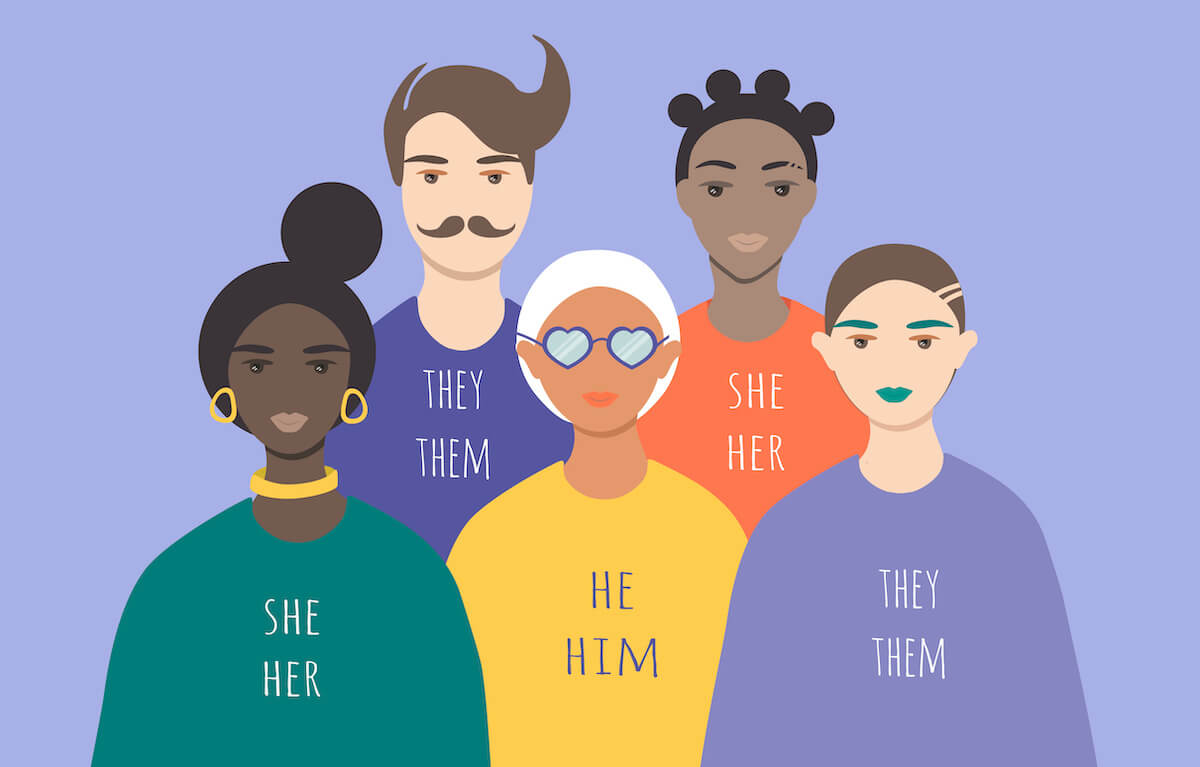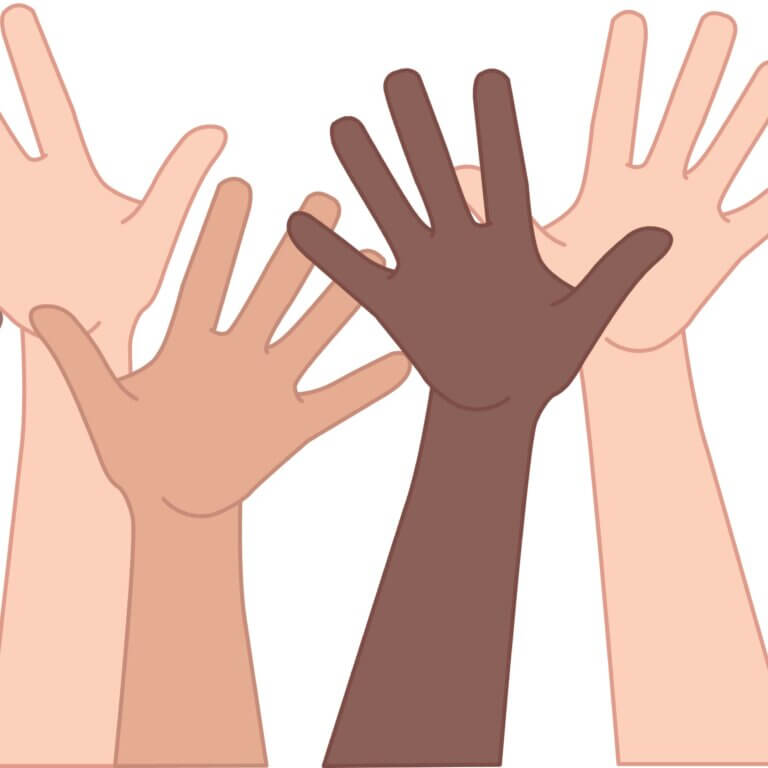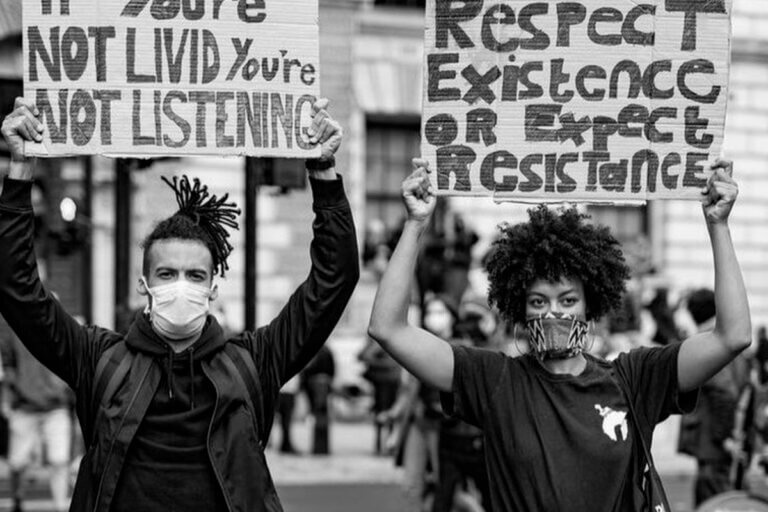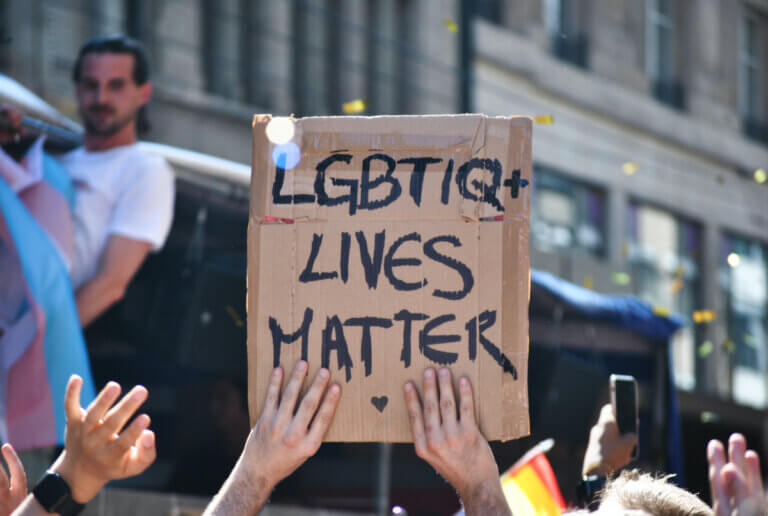Last week, Texas’s Attorney General Ken Paxton and Governor Greg Abbott issued an opinion that defined gender-affirming treatments for transgender youth as “child abuse.” This comes on the heels of the proposition of several bills in Texas legislature last year that would ban transgender healthcare for minors.
Transgender Youth and Families in Texas are Afraid
The bills later died, but the fear and pain they ignited in the Texas trans community has remained. Now, with Paxton and Abbott’s most recent move, transgender youth, their families and trans advocates are once again concerned about the welfare of the trans community in Texas.
Gender-Affirming Treatments Can Save Lives
Paxton and Abbott’s opinion flies in the face of the many medical experts and organizations that have spoken out against the banning of gender-affirming treatments, noting that they can often save lives.
Representatives from organizations like the Pediatric Endocrine Society have stated that if these bills were to be implemented, trans youth would suffer poorer health overall and the risk of suicide would be heightened. A recent article in The Journal of Clinical Endocrinology & Metabolism explained why bills such as those proposed in Texas are harmful to transgender youth, and not based in scientific fact.
“Over this past year, there have been numerous state legislative and federal regulatory policies introduced regarding the care of transgender and gender diverse (TGD) individuals in the United States. These proposed policies appear to have been developed without the involvement of experienced medical providers and without the consideration of evidence-based standard of care clinical practice guidelines on the care for TGD individuals, including those published by the Endocrine Society. Not only do these policies ignore the science, but if enacted, they would restrict access to health care for TGD people, and in some cases, would criminalize their medical providers,” the article reads.
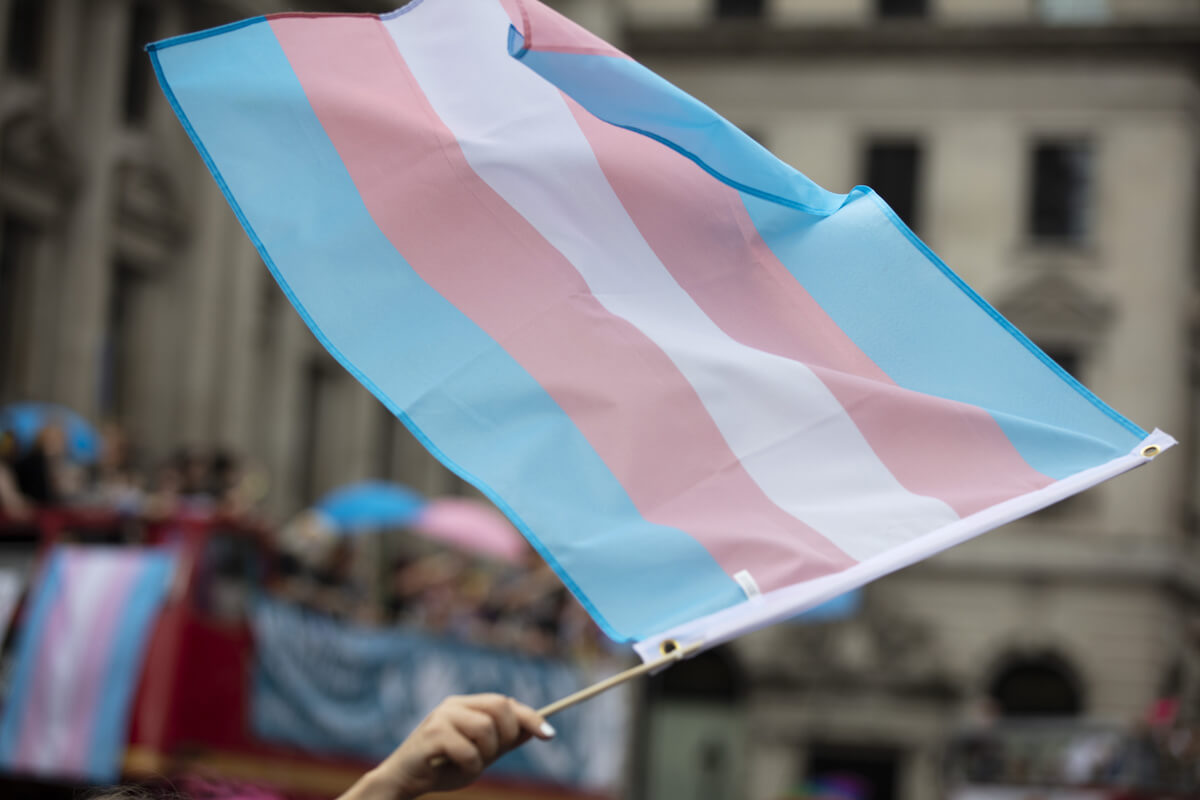
Paxton Calls Gender-Affirming Treatments ‘Child Abuse’
To date, there still has not been enough research conducted on transgender people within the medical community. However, recent data from The Trevor Project shows that rates of depression, suicidal ideation and victimization were significantly higher in transgender youth compared to cisgender youth.
Given the higher rates of mental health conditions and suicide among transgender youth, bills such as those proposed in Texas recently would only make the problem worse by denying them the care they need when they’re already in a vulnerable position.
Related Articles
In his letter, Paxton wrote, “Children and adolescents are promised relief and asked to ‘consent’ to life-altering, irreversible treatment — and to do so in the midst of reported psychological distress, when they cannot weigh long-term risks the way adults do, and when they are considered by the State in most regards to be without legal capacity to consent, contract, vote, or otherwise. Legal and ethics scholars have suggested that it is particularly unethical to radically intervene in the normal physical development of a child to ‘affirm’ a ‘gender identity’ that is at odds with bodily sex.”
Transgender Youth and Families in Texas Need Support
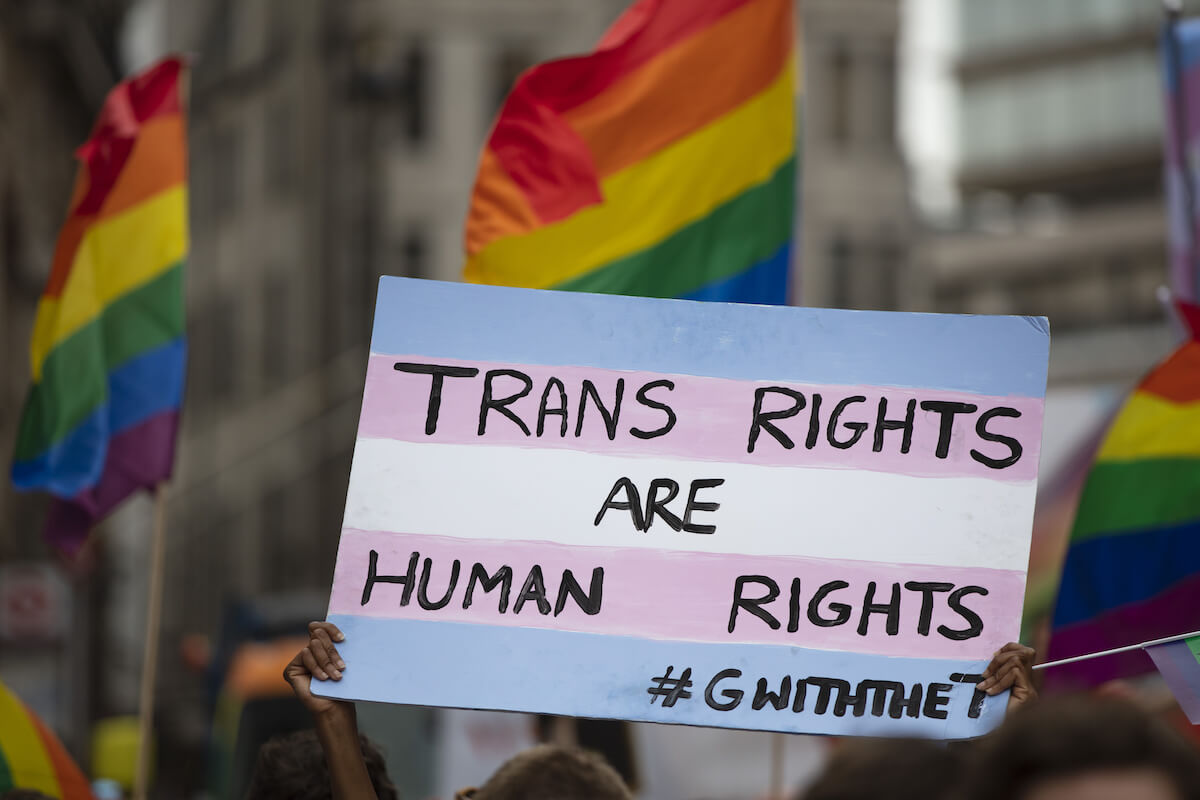
He writes that “sex change” procedures and treatments “can legally constitute child abuse under several provisions of chapter 261 of the Texas Family Code.”
With Texas policymakers pushing to define gender-affirming procedures and treatments as child abuse, transgender youth and their families are in need of support now more than ever. Opinions like Paxton’s are only reinforcing the already strong stigma surrounding transgender people.
How to Support Transgender Youth in Texas
To show your support for transgender youth in Texas, there are a few different steps you can take. Donate to organizations like the Central Texas Transgender Health Coalition and the Transgender Education Network of Texas.
You can also share your opinion with Abbott and Paxton in an email. Otherwise, speak out and share your thoughts with friends, family members and on social media to act as an advocate for the trans community.
For more information on how we can all educate ourselves, support marginalized communities and become better allies in our community, visit our social movements page.
